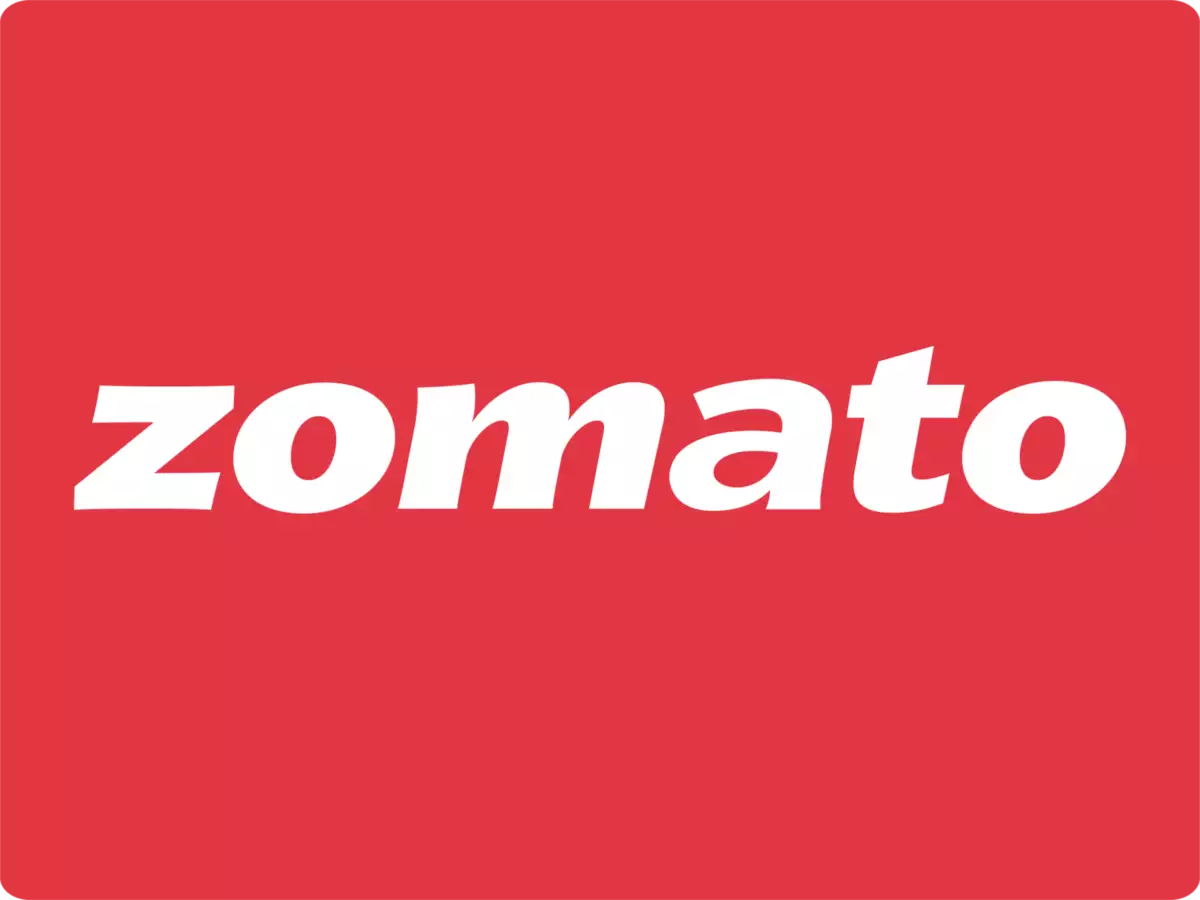Analyzing the Dynamic Trajectory of Paytm’s Share Price: Unveiling Trends and Factors
The Paytm Phenomenon: A Brief Overview of India’s Digital Payment Giant We introduce Paytm and give a brief overview of the company’s history, its contribution to the development of India’s digital economy, and its emergence as a trailblazer in the fintech sector. Riding High: Paytm’s Share Price Performance Over theContinue Reading

